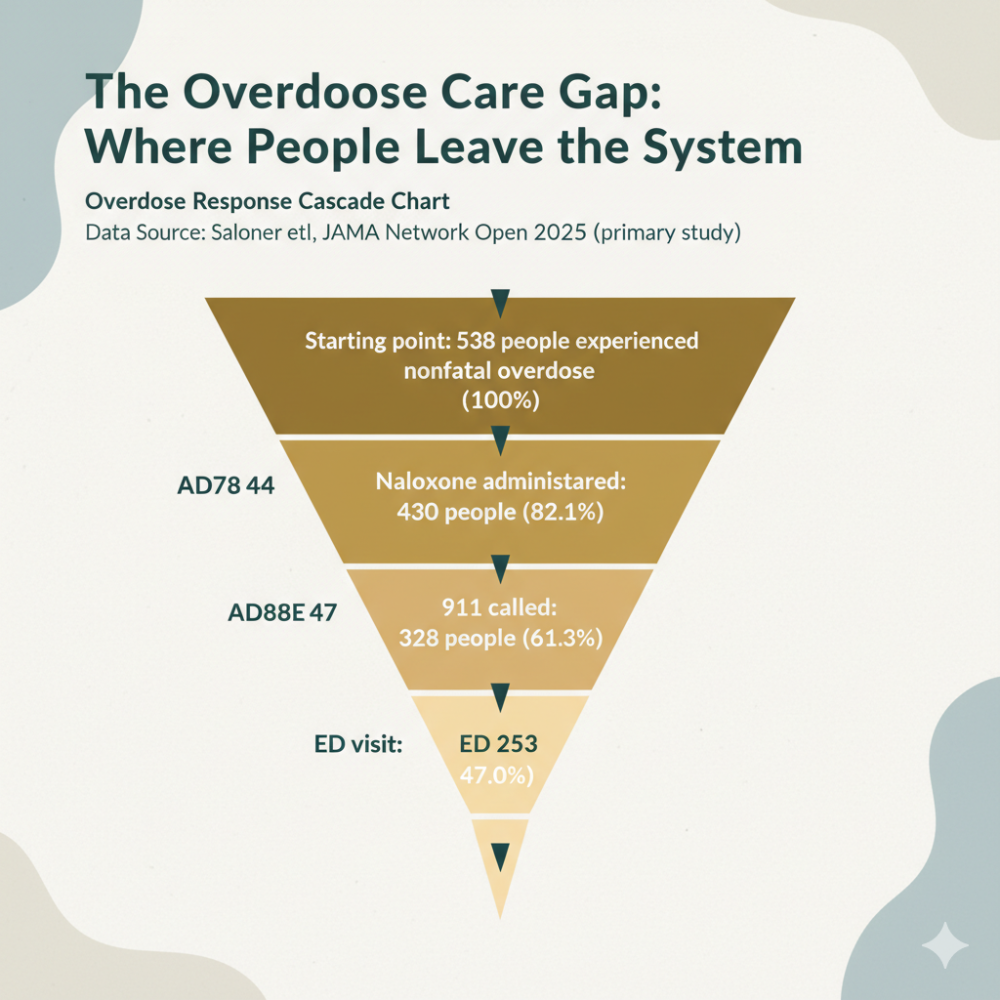That pervasive feeling of uneasiness, fear, or dread. The muscle tension, racing heart, and maybe even trembling or sweating. Those are some of the sensations that come along with anxiety. Anxiety can be uncomfortable, but it is a normal stress reaction. It can even help give a boost of energy or help with focus. When these sensations are no longer temporary and become overwhelming, they are no longer helpful and can become a problem. Many people with crippling anxiety will understandably do anything to lessen these feelings. Unfortunately, sometimes that leads to utilizing unhealthy coping mechanisms such as self-medicating with alcohol.
Anxiety Disorders Can Severely Disrupt Daily Life
Anxiety disorders are conditions in which you have anxiety that does not go away and can worsen over time. The symptoms can interfere with daily activities such as job performance, schoolwork, and relationships. There are several types of anxiety disorders, including generalized anxiety disorder (GAD), panic disorder, and social anxiety.
Prevalence of Co-Occurring Anxiety and Alcohol Use
The comorbidity of anxiety and alcohol use disorders (AUD) is relatively prevalent. Once anxiety and AUDs co-occur, the mutual maintenance model suggests that these comorbid disorders can become engaged in a cycle that could be progressive if left untreated. Behavioral research demonstrates that drinking to cope with negative affect is a potent marker for current and future problems with alcohol.
The prevalence of self-medication with alcohol and/or drugs among those with mood or anxiety disorders ranged from 21.9% to 24.1%. Being male, younger age, being separated, divorced or widowed, and being Caucasian were characteristics associated with higher proportions of respondents endorsing self-medication with alcohol or drugs for mood and anxiety disorders.
Why Do We Self-Medicate Anxiety with Alcohol?
Alcohol is a depressant and a sedative, meaning it can help people relax. It can also boost mood, decrease fear and anxiety, and make people feel more social and less shy. For people with crippling anxiety, the first drink or two brings a welcome release from fear, tenseness, and dread.
How does alcohol have this powerful effect? It artificially stimulates the brain’s pleasure center. Endorphins, the body’s “feel-good” chemicals, are released, causing us to feel a little rush of euphoria and feel more relaxed. Alcohol can also have an anesthetic effect, making us feel a little numb emotionally and physically. It can slow down those racing, anxious thoughts in our minds.
Alcohol Can Worsen Feelings of Anxiety
If those first couple of drinks make people who suffer from crippling anxiety feel so relaxed, how is it still possible that alcohol can worsen that anxiety? The brain has a delicate balance of neurotransmitters, and when people drink alcohol, it upsets this balance. In its efforts to regain that delicate balance, the brain releases dynorphin, which is a chemical “downer.” Dynorphin suppresses euphoria, and that initial rush of feeling relaxed does not last, causing people to end up feeling worse than when they started drinking.
Alcohol can worsen anxiety in more ways than just altering our brain chemicals, though. Often once people have a drink or two, they do not stop. What started as a nice, relaxed tipsy feeling starts to spiral out of control. If alcohol consumption continues, judgment becomes impaired, and inhibitions are lowered. When drinking large quantities of alcohol, people may say and do things completely out of character. Since memories are not properly processed, they may only have a partial remembrance of events. This lack of memory can be alarming and cause worsening of already crippling anxiety. Then, there is the hangover, that terrible feeling the day after drinking too much.
The symptoms of a hangover can cause a worsening of anxiety and may include:
- Dehydration
- Low blood sugar
- Nausea
- Headache
Dangers of Self-Medicating Crippling Anxiety With Alcohol
Worsening anxiety is not the only danger of self-medicating anxiety with alcohol. Another risk is that by self-medicating, symptoms of anxiety are just temporarily masked. This leaves the underlying problem to remain untreated. There is also a danger of becoming dependent on alcohol and developing alcohol use disorder when it is used to self-medicate crippling anxiety. There is also the risk of causing health problems from the long-term use of alcohol, such as:
- Liver damage
- Cognitive impairment
- Increased cancer risks
- Injuries due to accidents while intoxicated
Healthy Ways to Manage Crippling Anxiety
The first step in learning healthy ways to manage anxiety is to stop using alcohol. The sudden cessation of alcohol can cause uncomfortable and even life-threatening withdrawal symptoms; these should always be managed under the supervision of medical professionals. At Gallus Medical Detox Centers, we implement The Gallus Method, which includes IV Therapy, 24/7 monitoring, cardiac and video monitoring, and more. We can ensure our patients will be treated effectively and comfortably. At the end of a detox stay, our staff will conduct a biopsychosocial evaluation to help identify the next steps in treatment.
Professional treatment should be initiated when anxiety is crippling and causes complications in a person’s daily life and functioning. Anxiety disorders can usually be treated on an outpatient basis. Treatment should consist of therapy, pharmacology, or a combination of the two.
The Anxiety & Depression Association of America suggests healthy ways to manage anxiety that can be used in addition to professional treatment:
- Take slow, deep breaths
- Count to 10 slowly and repeat if necessary
- Learn the triggers for anxiety
- Talk to friends and family when feeling overwhelmed and let them know how they can help
- Eat a healthy, balanced diet
- Take a time out
- Exercise regularly
- Use humor and work on maintaining a positive attitude
When someone has a substance use disorder and wants to get sober, there can be questions about where to start. Often, the first step to sobriety is medical detox. Many treatment centers offer detox services, making it hard to decide the best place for you or your loved one. At Gallus Medical Detox, our patients are cared for by staff who are experts in the field of addiction. They provide expert, compassionate care. Our practices are evidence-based, appropriate, and safe.
Detox does not have to be shame-based, uncomfortable, or unsafe. Our IV and oral medication protocols allow us to quickly and effectively treat symptoms of withdrawal. Every patient is treated as an individual and allowed to maintain contact with family, friends, and even their workplace. Each patient will receive an individualized aftercare plan, and 85% of our patients attend their aftercare appointments.


 Steve B
Steve B 
